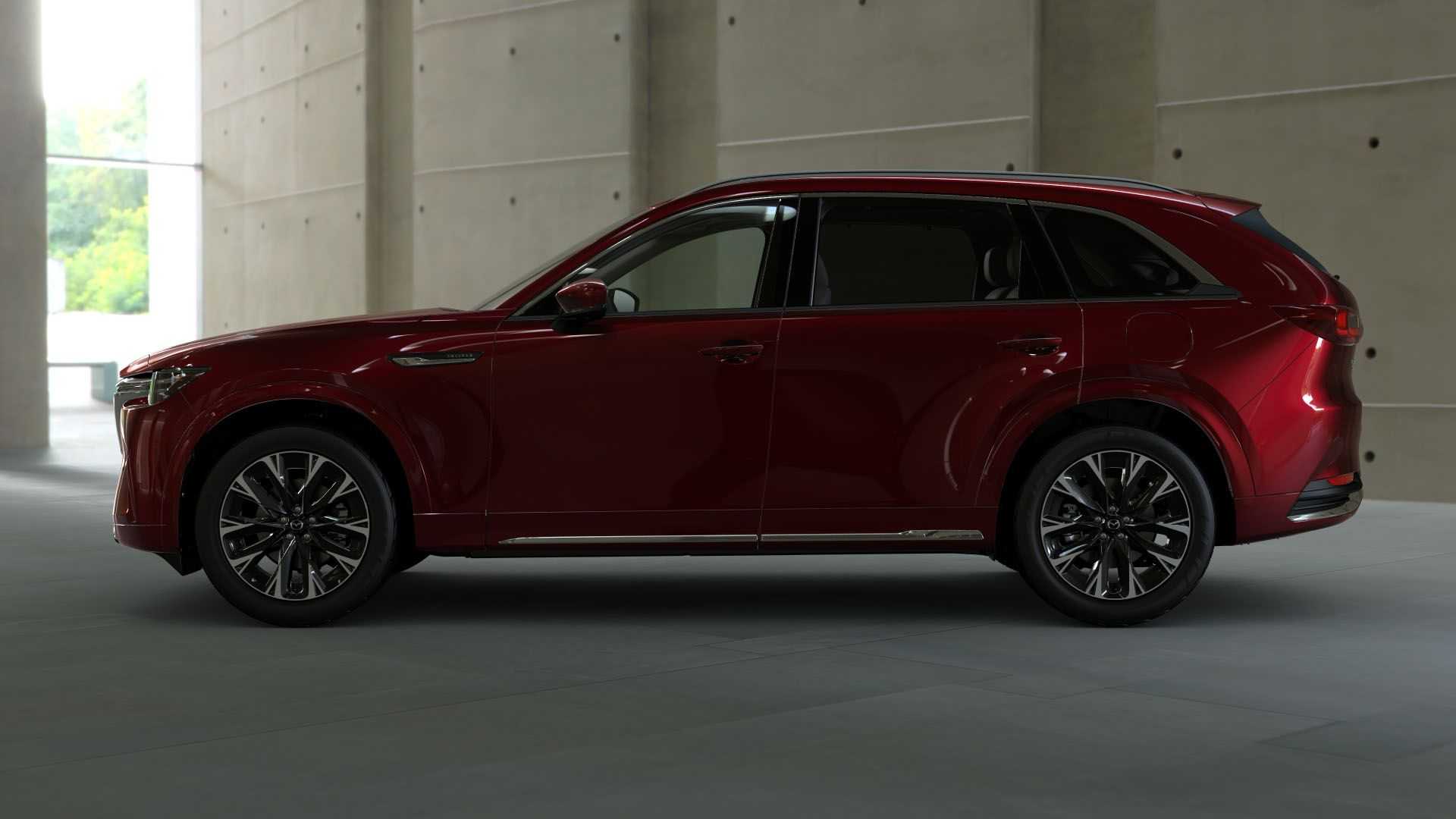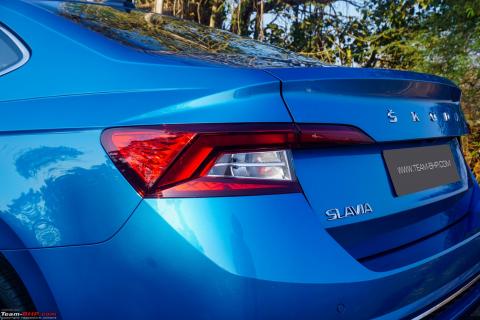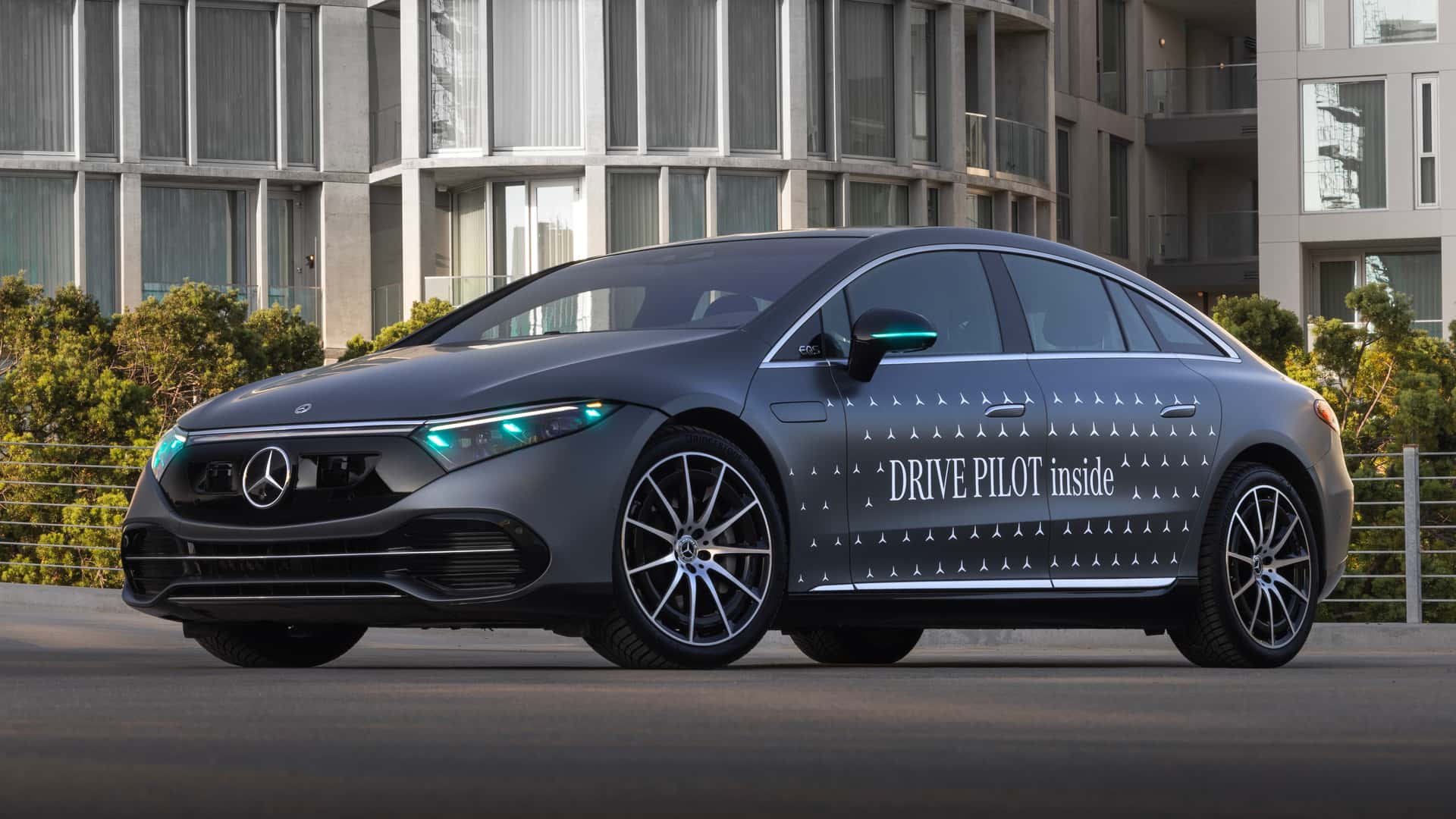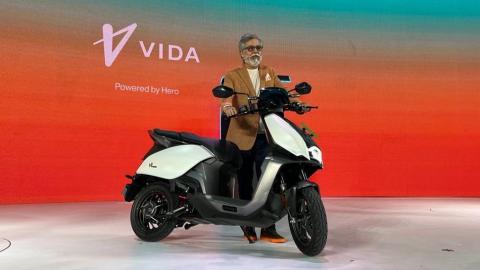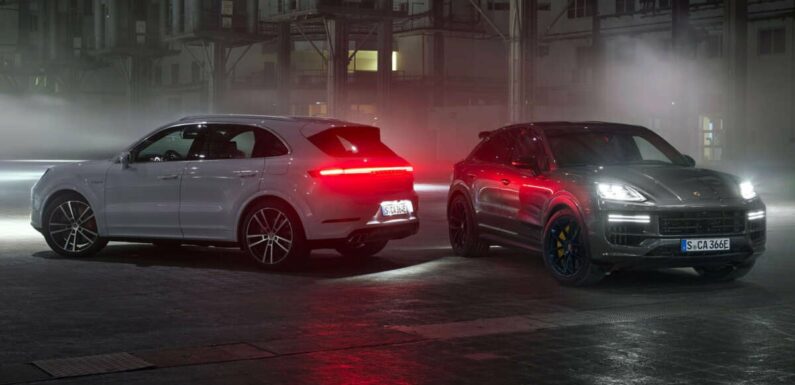
This is the new Porsche Cayenne Turbo E-Hybrid SUV and Coupe, which are the latest additions to the facelifted line-up that was first revealed back in April this year. Dubbed “the most powerful Cayenne of all time,” the Cayenne Turbo E-Hybrid improves significantly upon the pre-facelift Turbo S E-Hybrid by offering more power and all-electric range.
The Cayenne Turbo E-Hybrid sports a plug-in hybrid powertrain that features a 4.0 litre twin-turbo V8 at the front, just like in the Cayenne Turbo S E-Hybrid. However, the engine has been reworked to now deliver 599 PS (591 hp or 441 kW) and 800 Nm of torque on its own, which is more than the older Cayenne Turbo S E-Hybrid’s V8 that is rated at 550 PS (542 hp or 404 kW) and 770 Nm.
The electric motor integrated into the eight-speed automatic transmission (accompanied by an all-wheel drive system) also gets an update so it now delivers 176 PS (174 hp or 130 kW) and 460 Nm, which is more than 136 PS (134 hp or 100 kW) and 400 Nm in the previous Turbo S E-Hybrid.
The end result of these improvements is a total system output of 739 PS (730 hp or 544 kW) and 950 Nm, which is good for a 0-100 km/h time of 3.7 seconds and top speed of 295 km/h. Since we’re doing comparisons, the Cayenne Turbo S E-Hybrid offered a total system output of 680 PS (671 hp or 500 kW) and 900 Nm, with a century sprint time of 3.8 seconds and the same top speed.

Apart from the added grunt, the new Turbo E-Hybrid also gets a lithium-ion battery with an increased gross energy capacity of 25.9 kWh instead of 17.9 kWh previously. Fully charged, it offers an all-electric range of 90 km, double that of the outgoing Turbo S E-Hybrid. The onboard AC charger has also been upgraded to support a max input of 11 kW (previously 7 kW), with a full charge taking about 2.5 hours, which is about the same as before but for a higher-capacity battery.
All Turbo E-Hybrid models come standard with adaptive air suspension featuring two-chamber, two-valve technology, along with Porsche Torque Vectoring Plus (PTV Plus), while Porsche Dynamic Chassis Control (PDCC) and rear-axle steering are available as options.
Enlarged air intakes at the front accented by shiny black airblades are visual identifiers of the performance PHEV, accompanied by two twin tailpipes in brushed stainless steel and red brake calipers. Inside, you’ll find aluminium inlays on the dashboard and door panels, Race-Tex roof lining, a heated GT sports steering wheel and 18-way adjustable leather sports seats (14-way adjustable leather comfort seats are available as an option).


The coupe version of the Turbo E-Hybrid can also be optioned with the GT Package that reduces the ride height by 10 mm and introduces specific pivot bearings to increase the camber on the front axle by -0.58 degrees. This cost option also adds the Porsche Ceramic Composite Brake (PCCB) system, PDCC, rear-axle steering and 22-inch GT Design wheels.
The wheels aren’t the only visual change with the GT Package, as there are also black accents at the front, black wheel arch extensions, carbon sideplates on the roof spoiler and centrally positioned twin tailpipes of the titanium exhaust system, a carbon rear diffuser and a carbon-fibre roof. Configured as such, the Cayenne Turbo E-Hybrid Coupe with the GT Package is even quicker, sprinting to 100 km/h from a dead stop in 3.6 seconds on its way to a max speed of 305 km/h.
As for pricing, the Turbo E-Hybrid in Germany starts from 176,324 euros (RM885,326) for the SUV version, while the coupe body style is from 179,775 euros (RM902,926). Porsche says the availability of the Cayenne Turbo E-Hybrid Coupe with the GT Package, which starts at 208,454 euros (about RM1.046 million) in Germany, will be limited to markets where the Turbo GT is no longer available due to local regulations.
Looking to sell your car? Sell it with myTukar.
Research Porsche Cars at 
Source: Read Full Article
